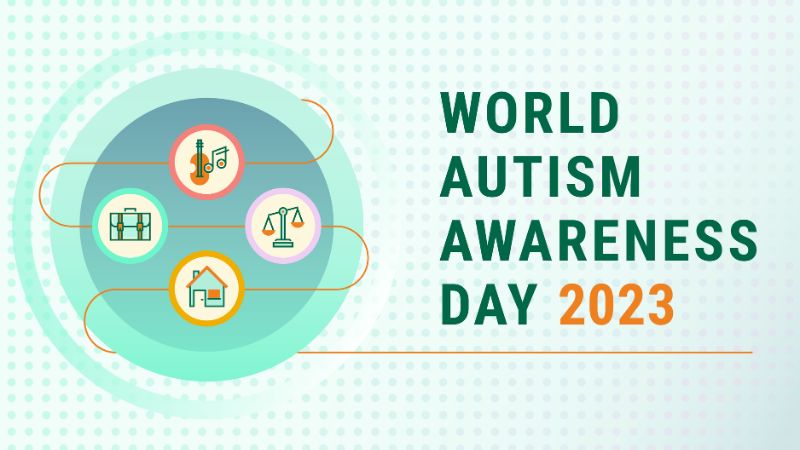
On Sunday 2 April, the United Nations marked World Autism Awareness Day. This annual event offers the chance to reflect on the contributions autistic people make to the world, as well as the progress being made - and work still to do - towards awareness and acceptance of autism and other forms of neurodiversity.
The term "neurodivergent" describes people whose brains develop or work differently. That means they have different strengths and challenges from people whose brains don't have those differences. Often, the term is applied to people with a diagnosis of ADHD, autism, dyslexia or dyspraxia, among others.
At Brookes, neurodiverse students can access a range of Inclusive Support Services to help you achieve your potential and get the most out of university life. Those services include:
- Assessments for dyslexia and other specific learning difficulties such as dyspraxia and attention difficulties
- Online and in-person groups for autistic students (email inclusivesupport@brookes.ac.uk for more information)
- Reasonable adjustments to exams and other assessments to ensure they are inclusive and accessible, via an Inclusive Support Plan
- Specialist mentoring and tutoring for eligible students
- Assistive technology to help you study
If you haven't already been in contact with the Inclusive Support Service (or have lost touch), please complete a self-referral form or email inclusivesupport@brookes.ac.uk for confidential information and advice.
You can also attend a drop-in session in the Buckley Building, Headington Campus, at one of the following times:
- Tuesdays, 11.00am-12 noon (please note the University will be closed on Tuesday 11 April)
- Wednesdays, 3.00-4.00pm
- Fridays, 1.30-2.30pm
New students can access a dedicated webpage with useful information about support available at Brookes.
You may also wish to join the Disabled Students' Network. This community supports any disabled student, including - but not limited to - those with long-term illnesses, physical disabilities, specific learning difficulties and mental health issues. Any student who identifies as disabled can join.
